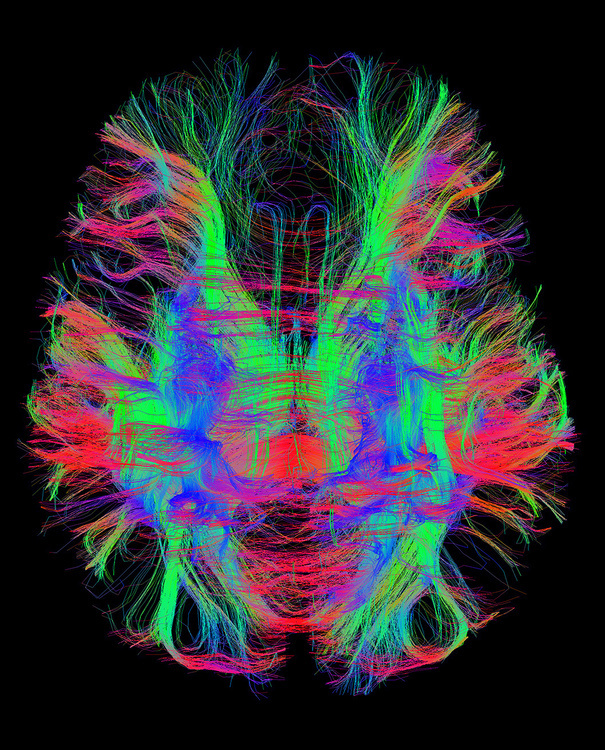
Luke Chang Special Seminar
Description
Talk title: Towards a computational social and affective neuroscience
Emotions reflect coordinated, multi-system responses to events and situations relevant to survival and well-being. These responses emerge from appraisals of personal meaning that reference one’s goals, memories, internal body states, and beliefs about the world. Dysregulation of emotions is central to many brain and body-related disorders, making it of paramount importance to understand the neurobiological mechanisms that govern emotional experiences. One of the main focuses of our laboratory is to study emotions naturalistically as they occur in our daily lives, which has necessitated relying on new technologies and computational approaches to measure and model these experiences. In this talk, I will first provide a high-level survey of how we have been attempting to study emotions in the context of social interactions and then will discuss how we have been studying the temporal dynamics of emotional experiences using multimodal neuroimaging. We hope that this interdisciplinary work will aid in facilitating a more cumulative and extensible science of emotion.
Dr. Luke Chang, PhD is an Associate Professor of Psychological and Brain Sciences at Dartmouth College where he directs the Computational Social Affective Neuroscience Laboratory. He completed a BA in psychology at Reed College, an MA in psychology at the New School for Social Research, and a PhD in clinical psychology and cognitive neuroscience at the University of Arizona. In addition, Luke completed his predoctoral clinical internship training in behavioral medicine at the University of California Los Angeles and a postdoctoral fellowship at the University of Colorado Boulder in multivariate neuroimaging techniques. His research is funded by the NSF and NIH and is focused on understanding the neurobiological and computational mechanisms underlying emotions and social interactions. He has been recognized by the Association for Psychological Science with the Janet Taylor Spence Award for Transformative Early Career Contributions and is a strong advocate for improving methods and quantitative training and has developed several opensource software packages, summer training programs, and online books.

